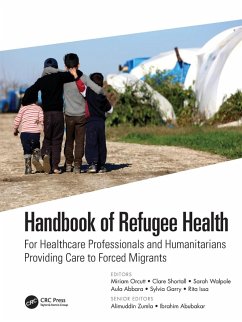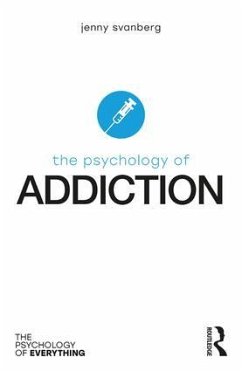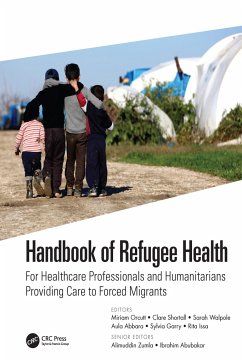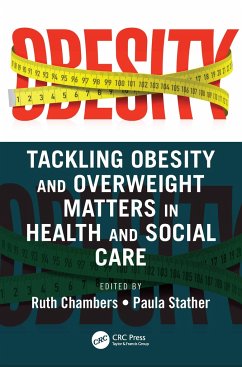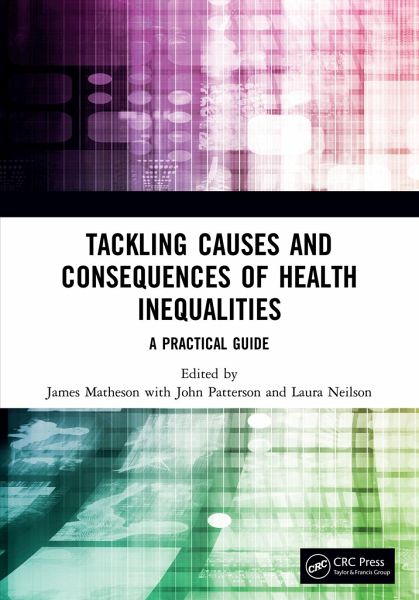
Tackling Causes and Consequences of Health Inequalities
A Practical Guide
Herausgegeben: Matheson, James; Patterson, John; Neilson, Laura
Versandkostenfrei!
Versandfertig in 6-10 Tagen
34,99 €
inkl. MwSt.

PAYBACK Punkte
17 °P sammeln!
Addressing health inequalities is a key focus for health and social care organizations. This book explores how best frontline health workers in areas of deprivation can address these problems. Aimed at doctors and their wider multidisciplinary teams, this book provides key knowledge and practical advice on how to address the causes and consequences of health inequalities to achieve better outcomes for patients. Considering the psychological, financial and social aspects of well-being as well as health concerns, this book offers a concise but comprehensive overview of the key issues in health i...
Addressing health inequalities is a key focus for health and social care organizations. This book explores how best frontline health workers in areas of deprivation can address these problems. Aimed at doctors and their wider multidisciplinary teams, this book provides key knowledge and practical advice on how to address the causes and consequences of health inequalities to achieve better outcomes for patients. Considering the psychological, financial and social aspects of well-being as well as health concerns, this book offers a concise but comprehensive overview of the key issues in health inequalities and, most importantly, how practically to address them.
Key Features
Comprehensively covers the breadth of subjects identified by RCGP's work to formulate a curriculum for health inequalities
The first book to address the urgent area of causes and consequences of health inequalities in clinical practice.
Chapters are authored byexpert practitioners with proven experience in each aspect of health care.
Applied, practical focus, demonstrating approaches that will work and can be applied in 'every' situation of inequality.
Provides evidence of how community based primary care can make a change.
Key Features
Comprehensively covers the breadth of subjects identified by RCGP's work to formulate a curriculum for health inequalities
The first book to address the urgent area of causes and consequences of health inequalities in clinical practice.
Chapters are authored byexpert practitioners with proven experience in each aspect of health care.
Applied, practical focus, demonstrating approaches that will work and can be applied in 'every' situation of inequality.
Provides evidence of how community based primary care can make a change.





